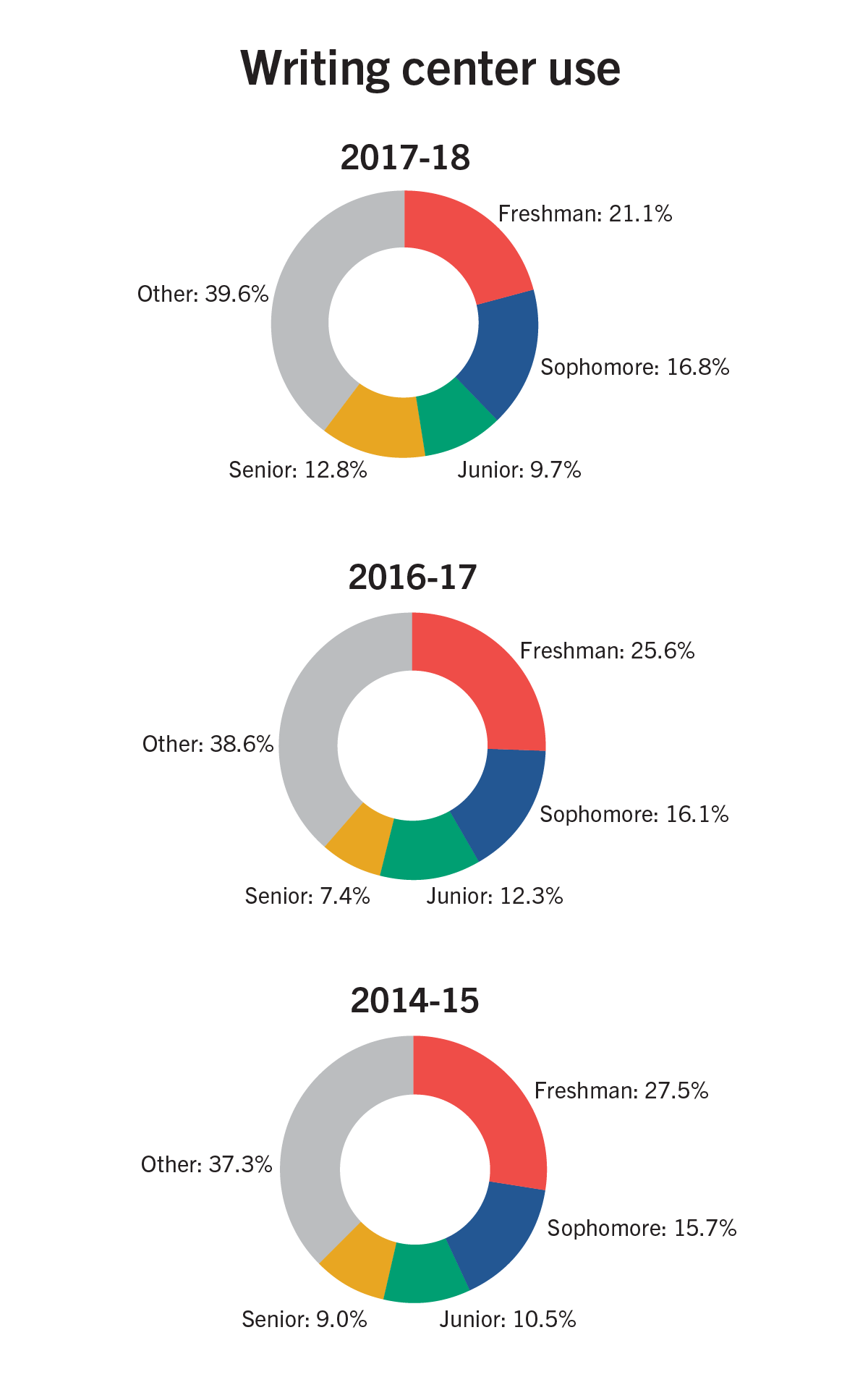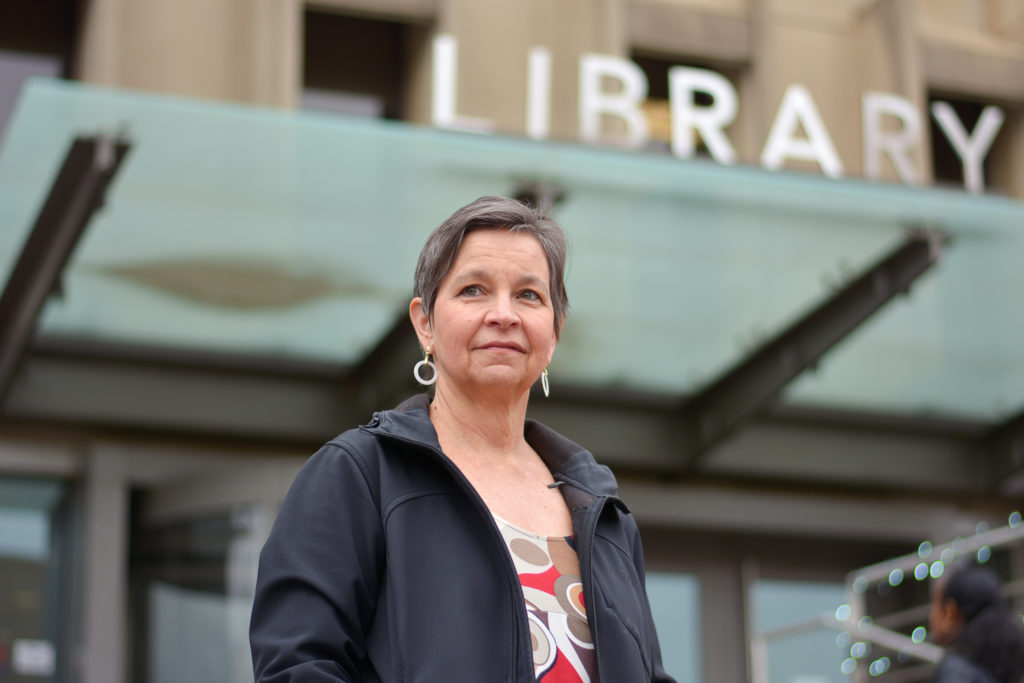Officials are trying to figure out why more than three-quarters of students who visit the GW Writing Center during their freshman year do not return.
Employees sent a short survey Feb. 14 to more than 500 students who have visited the center over the past three years. Leaders said the survey – which asks students why they visited the center, how employees assisted them and who they think the center is designed to help – will help officials alter their outreach strategies to include upperclassmen in writing workshops and one-on-one appointments.
Phyllis Ryder, the director of the writing center and an associate professor of writing, said the survey was designed to help officials understand how previous users perceived the center. The results of the survey will help the center develop new strategies to encourage upperclassmen to utilize the center’s services, she said.
The writing center’s services include workshops, group tutoring and specialized one-on-one assistance during the writing process, the center’s website states.
“Our goal is to improve our outreach so that GW students understand that the writing center is here for writers at all levels,” she said.

Emily Recko | Graphics Editor
Source: Writing center data
Ryder said that out of the 586 freshmen who utilized the center last academic year, only 129 returned during their sophomore year – a roughly 22 percent return rate. Freshmen comprise about 21 percent of the center’s overall user base, she said.
“That made us curious,” she said. “We know that we have a lot to offer sophomores, juniors and seniors who are often taking on new kinds of writing, so we want to better understand why those students are not coming to the center.”
She said the center had about 6,300 appointments last year, and about 97 percent of students who reviewed their experience ranked the services as “very helpful” or “mostly helpful.”
“I don’t anticipate that we will need to change what we offer, but we might be able to do something to encourage these students to come to see us,” she said.
Paul Wahlbeck, the interim dean of the Columbian College of Arts and Sciences, said CCAS is “proud” to host the writing center, which he said serves as an “important” resource to all students across campus. He declined to comment on the survey, deferring to Ryder.
“Its success in helping the University community at all stages of the writing process is reflected in the number of constituents served,” he said.
Carol Hayes, the deputy director of the center, said the center sees more freshmen than other age groups since first-year students are just becoming accustomed to college-style writing.
“What about those moments where students are working on a senior capstone project and they have never written in a writing genre before, right?” she said. “They seem to have forgotten that we are there for them. We want to remind them of that.”
Gabriel Falk, a senior majoring in international affairs and a writing center consultant who is leading the survey, said the evaluation is an internal study, and results will not be published for the community.
“We had noticed a low return rate among freshman clients, and we hope that the survey will give us some insight into why some people choose to or not to return to the writing center after their freshman year,” he said.
Falk said that after the survey closes at the end of this week, the center will work to devise a plan to increase outreach to upperclassmen.
“We believe that writing center services can be useful for all students, regardless of age,” he said. “We want to make sure that upperclass students know that we are a resource for their projects, research papers and theses.”





